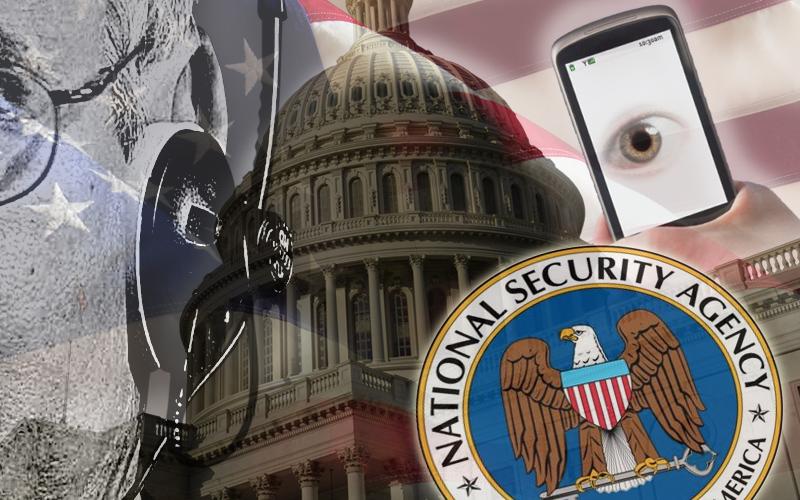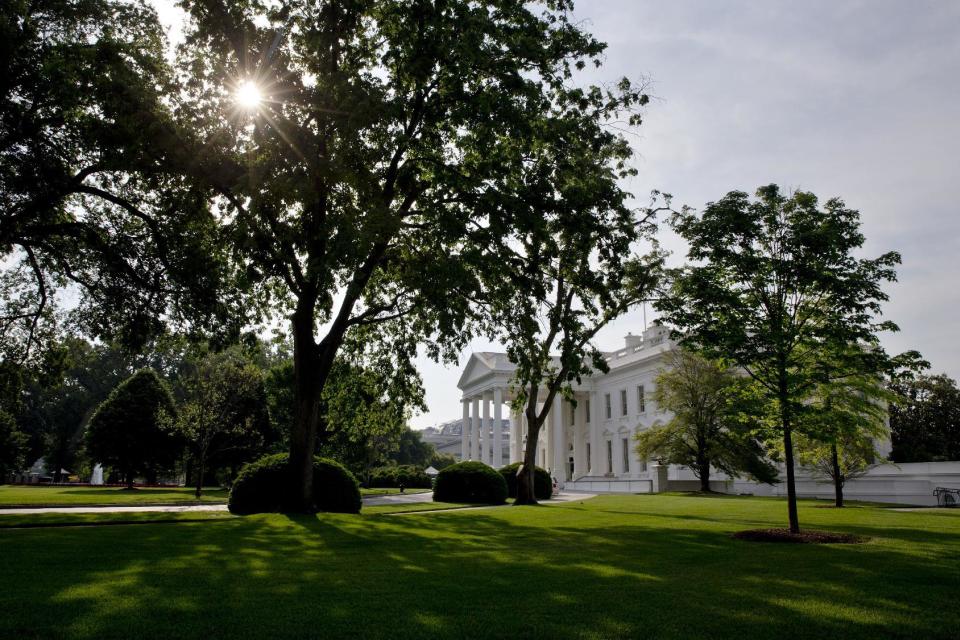MGM/Dimension Films.
It's time for yet another movie review. This time it's The Mist, based on the Stephen King novella of the same name. I've watched quite a few adaptations of King's works and to date all but one of them, The Shinning, has sucked. That rule doesn't apply to adaptions to his non-horror stories, like the Green Mile and the Shawshank Redemption, but every other movie or miniseries has been pretty bad to terrible. I still say one of the worst movies I have ever seen was Dreamcatcher, but that's a story for another post... which I will never write because I would have to watch the movie again. Fortunately, The Mist is at a slightly higher level then most other adaptions. I won't say it's a great movie, but it did make me think quite a lot.
WARNING! HUGE SPOILERS AHEAD! THE MIST HAS A VERY SHOCKING ENDING AND I AM GOING TO SPOIL IT! YOU HAVE BEEN WARNED!
Roger Ebert coined the term "Idiot Plot" back in the 1990's to describe a movie where nothing would have happened if everyone in the story wasn't an idiot. And that is certainly the case for The Mist. Everyone, and I do mean everyone, except the one woman that ran off right away to find her kids, was a complete moron in this movie. Of course that is the point. The Mist isn't just a horror movie. It's a horror movie with a point. And that point is that people in a crisis make terrible, terrible, decisions.
Let's talk about the monsters in this movie. I thought they were pretty impressive and the CGI still holds up to this day. It's clear that, though immensely lethal, they are pretty much just wild animals. They are dangerous, sure, but they are not intelligent and if the people in the movie had hunkered down and stayed safe, most of them would have survived. Indeed, at the end of the movie we see an entire convoy of people that made it through and the military casually killing all the monsters.
Their main advantage is the mist and the fact that nobody has any experience with them. There are plenty of animals on earth that are incredibly lethal as well, but if you know what you are doing you would be fine. Grizzly bears? Carry a heavy caliber gun and don't get between a mother and her cubs. Scorpions? Don't walk barefoot and check your shoes and socks before you put them on? Sharks and Jellyfish? Stay out of the water. But nobody involved knows how to deal with the monsters, other then the military. "Kill it with fire" is always good advice and it seems to work for them.
Of course the first main group of people to get killed are people that don't believe that there are any monsters. Given the fact that if I were in that situation myself, I probably wouldn't believe in them either, I don't really blame them. Now, I'm willing to forgive the death of the first guy, the grocery bagger, because he really had no idea what he was going into. Yeah, David said that he heard something outside and Dan Miller (the cool old guy) ranted about someone getting taken, but it would be hard to believe that anything too crazy was going on.
But after the bagboy died, people really should have realized what was going on. The leader of the "rational" people, Brent, wouldn't believe what a bunch of people told him just because he had a conflict with David. Sure, it's rational to be suspicious of monsters, but in the middle of a disaster, why not play it safe? And if I was in a disaster with my worst enemy and he said, "Hey, don't go outside I just saw a guy get killed", I'd at least listen to him. Of course people will always try to rationalize unlikely events. It's the downside of Occam's Razor. People assume that just because something is very unlikely that it's impossible. And monsters are very unlikely.
So was Brent realistic? Sure. This kind of thing hast happened before. See a bunch of dots on your radar on December 7th 1941? It's not an invasion, it's just that flight of B-17's that you were expecting. Some crazy guy and a person you hate tells you about monsters that are out to kill you? Why believe them?
Of course the biggest problem in the movie is the fact that they waited a couple of days to shoot the crazy religious woman, Mrs. Carmody. In a disaster situation the last thing you need is some crazy person ranting and raving about the end times. She should have been talked down, and failing that sedated, tied up, or even kicked out. But they didn't and a bunch of peopled died because of it.
And here is my biggest criticism of The Mist. I just don't buy that people would go that far off their rocker that quickly. Sure, people do crazy things in the name of religion all the time, just look at the Middle East. But it takes time. Much more time then three days. Do people kill each other in disasters? Sure, but that usually only happens after the food and water runs out. They don't start sacrificing people to appease the gods after just a couple of days. And I don't think all that many Christians would be so keen on human sacrifice. After all in the Bible God spared Isaac.
2nd warning, I'm going to spoil the ending. Seriously, don't read any further if you haven't seen it!
So lets talk about the ending. It's a real gutpunch. David, his kid and his new love interest, along with cool old guy and cool old lady, manage to escape the store in his truck and drive and drive. Eventually they run out of gas, and David, being the smart person he is, shoots everyone but himself to spare them. They all wanted it to happen, so after the deed is done David is alone and screaming. Then the military shows up, with all the people rescued from the town. He killed four people for no reason.
I think it's a great ending and a good message for anyone in any kind of survival situation. Don't give up. Don't ever give up. There is almost always a chance that you would survive so it's incredibly stupid to just end your life. If you blow your brains out, there is always a chance that you were minutes away from being rescued.
And it's clear that the situation that David and the others were in didn't warrant giving up. Sure they had ran out of gas and supplies, but nobody was starving yet. They might have run out of water soon, but that still gave them some time. And they could have always tried to escape. It's not like the monsters were trying to get in or anything, they could have found another shelter or some supplies. They might not have all survived, but there's a good chance that some of them would have.
As for me, if I was in that situation, I would have fought. For me, four rounds left in your gun means you shoot your enemy four more times, even if your enemies are crazy monsters from another dimension. Then use every other weapon you have, down to your own fists, feet and teeth, to try and survive. Even if I was being attacked by ISIS, a group that most people would want to take the easy way out, I'd fight. And if there is anything to be taken away from The Mist, it's that message. Always fight.





